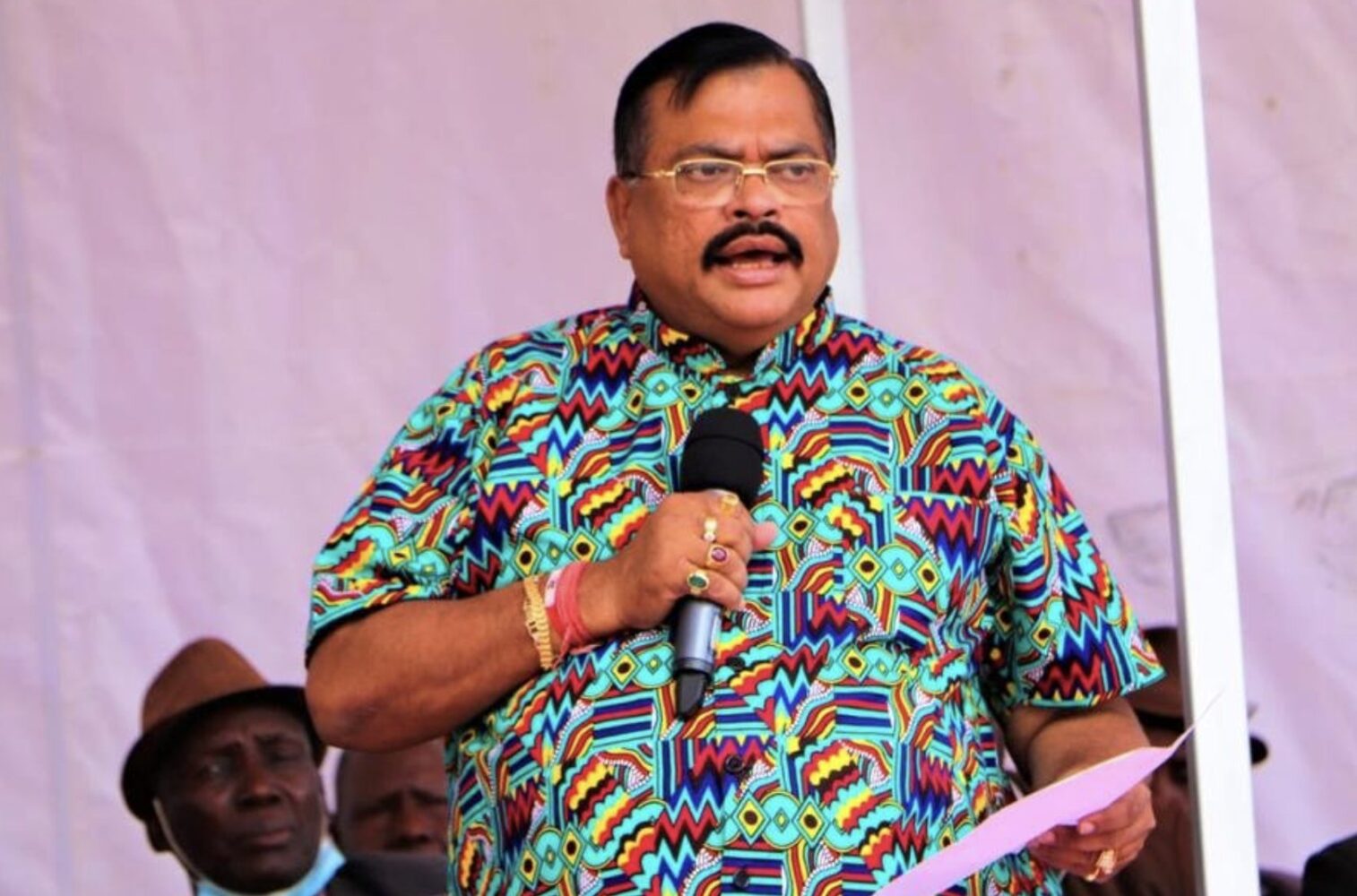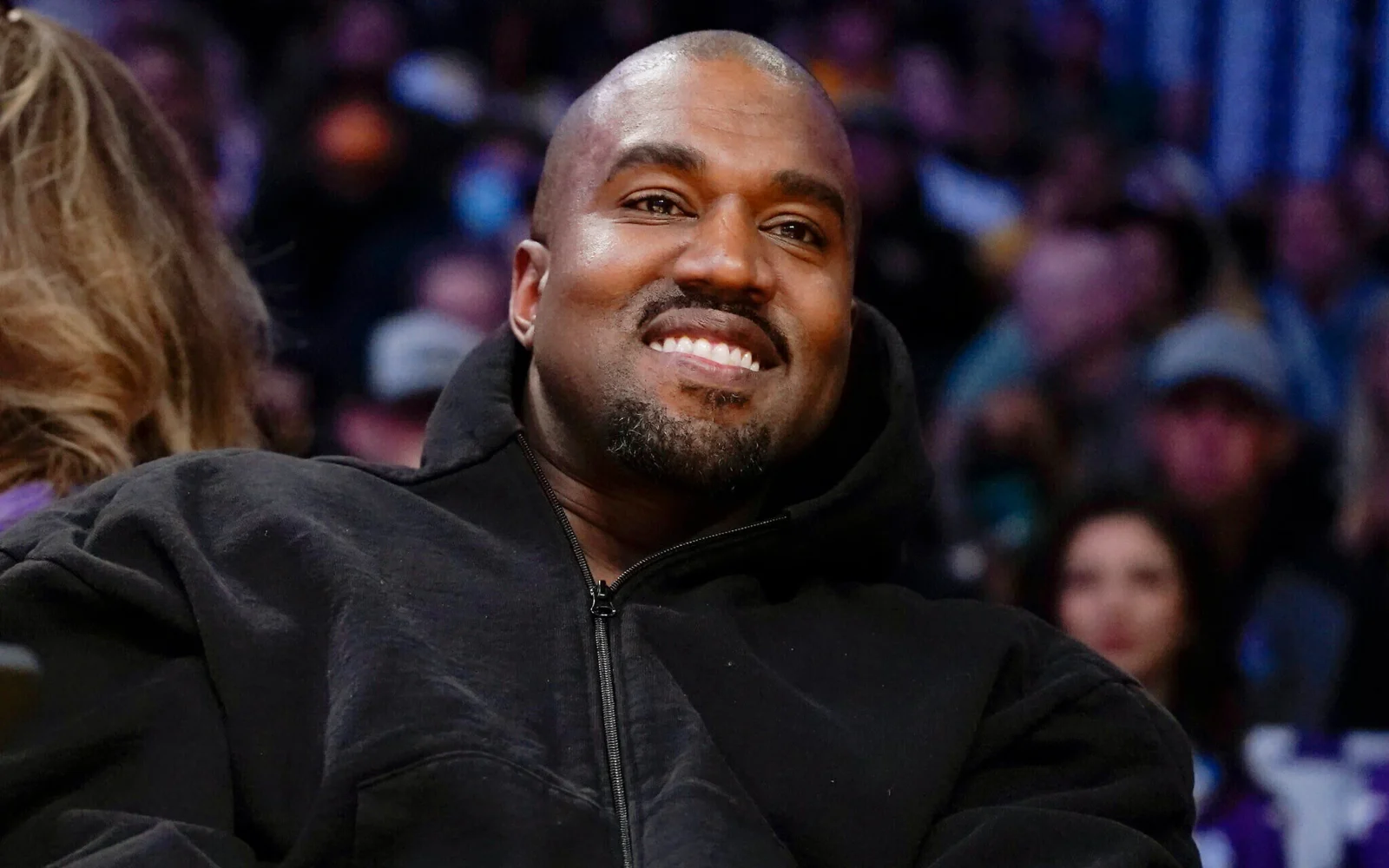U.S. President-elect Donald Trump has announced plans to impose significant tariffs on China, Mexico, and Canada on the first day of a potential second term, as part of a strategy to address drug trafficking and illegal migration.
In a statement shared on his Truth Social platform, Trump pledged to sign an executive order immediately after his inauguration to levy a 25% tariff on all goods imported from Mexico and Canada.
He stated that these tariffs would remain in place until both countries take stronger measures to combat illegal drug smuggling particularly fentanyl and unauthorized border crossings.
“Both Mexico and Canada have the absolute right and power to solve this long-simmering problem easily,” Trump wrote. “It is time for them to pay an enormous price!”
Trump also targeted China in his proposed policy, promising a 10% tariff on all Chinese goods until the country takes action to halt the smuggling of synthetic opioids like fentanyl into the U.S.
He criticized Beijing for not fulfilling what he claimed were commitments to impose the death penalty on those convicted of dealing in fentanyl.
Meanwhile, the President Biden administration has similarly pressed China to crack down on the production of chemicals used in fentanyl, a drug responsible for nearly 75,000 American deaths last year, according to U.S. estimates.
During his campaign, Trump also proposed even harsher measures against China, including tariffs exceeding 60% on Chinese-made products—far higher than those implemented during his first term.
He has vowed to strip China of its most-favored-nation trading status, a designation that currently provides favorable terms on tariffs and other trade restrictions.
Trump’s remarks comes at a time when China faces significant economic challenges, including a property market crisis, weak domestic demand, and rising local government debt. These vulnerabilities could amplify the impact of any new U.S. trade measures.
The former president’s aggressive trade rhetoric signals a return to his hardline approach to international trade and border security, setting the stage for contentious economic and diplomatic debates in the lead-up to the 2024 election.
ALSO READ: President Ruto calls on institutions of higher learning to be innovative in sourcing funds












